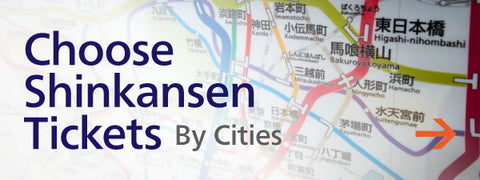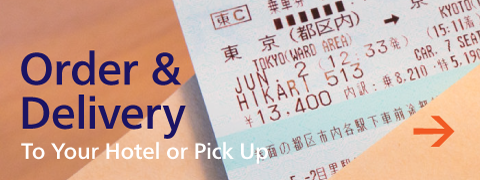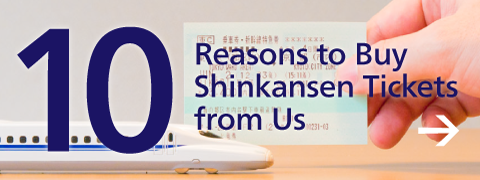Exploring the Wonders of Japanese Convenience Stores

One of the things that first-time visitors to Japan marvel at is the country's convenience stores.
On social media, a diverse range of posts by numerous foreigners are made, showcasing various aspects such as the product lineup and interesting finds at Japanese convenience stores.
It seems that Japanese convenience stores have a unique charm that captivates foreigners.
So, what aspects of Japanese convenience stores surprise and attract foreigners? Let's delve into the fascinating features of these stores.
Impressive Aspects of Japanese Convenience Stores:
1. 24-Hour Operation
Foreigners are often amazed by the fact that Japanese convenience stores are "always open." While 24-hour stores exist abroad, they are relatively scarce.
Having convenience stores open day and night, scattered all over the city, is considered quite unusual and a distinctive feature of Japan.
Originally, the pioneer of convenience stores, Seven-Eleven, wasn't open 24 hours from the beginning. It was named after its concept of opening at 7 am and closing at 11 pm. Although 24-hour operation started in the United States, it didn't become as widespread as in Japan, partly due to security concerns.
2. Variety of Products
Japanese convenience stores are known for their wide range of products, including not only food but also alcohol, kitchen supplies like condiments and kitchen paper, toothbrushes, underwear, stationery, light bulbs, and more.
Particularly in the food category, each convenience store engages in active research and development, showcasing original rice balls, bread, side dishes, sweets, and seasonal limited-edition items.
These products are not only reasonably priced but also allow visitors to enjoy seasonal ingredients depending on when they visit.
3. Diverse Services
In addition to the impressive variety of products, Japanese convenience stores provide a wide range of services, including copy machines, printers, delivery services, utility bill payments, ATMs, and issuance of certificates.
They truly enhance convenience in people's daily lives. The term "convenience" in convenience stores is embodied through these thoughtfully provided services.
Challenges of Establishing "Japanese-Style" Convenience Stores Abroad:
While Japanese convenience stores receive high praise, seeing the three major Japanese chains—Seven-Eleven, FamilyMart, and Lawson—abroad is not a common occurrence.
Attempting to establish Japanese-style convenience stores exactly as they are overseas is challenging and involves dealing with various cultural, business practice, and work attitude differences.
For instance, in the car-centric societies of the United States and Australia, convenience stores are typically compact and often attached to gas stations. Purchasing a variety of products, as seen in Japanese convenience stores, and especially enhancing alcohol sales, is considered challenging.
In Europe, many countries prohibit 24-hour operation, and the cultural tradition of observing the Christian "day of rest" on Sundays makes it difficult for the Japanese convenience store concept of "shopping anytime" to gain traction.
Additionally, the high wages in Western countries make it almost impossible to export the Japanese model as it is.
In Asia, including China and Thailand, Japanese-style convenience stores have gradually gained popularity. However, the market is dominated by local shops and regional chains. Furthermore, in terms of both product variety and service breadth, it is not as extensive as in Japan, and the culture of convenience stores is not as developed. Therefore, it seems that there are not many people who go out specifically to visit a convenience store or stop by without a specific purpose.
The presence of Japanese convenience stores is not easily encountered abroad. When you visit Japan, be sure to visit a convenience store at least once, check out the rich product lineup and the excellence of services, and enjoy the convenience store culture.







